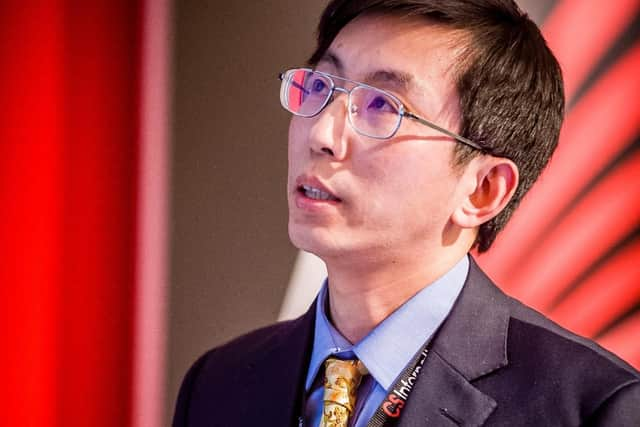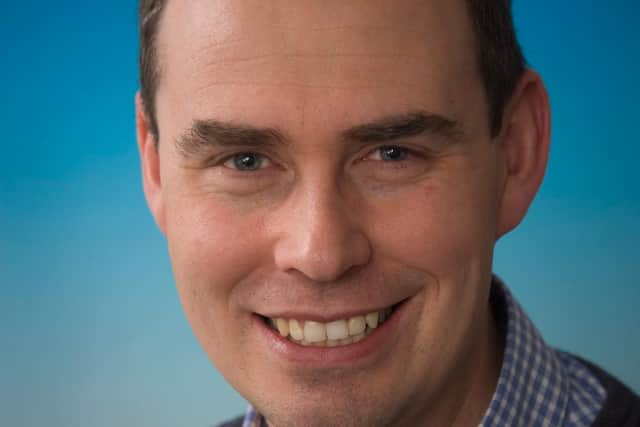Sheffield researchers help develop communications network to exceed 5G and Wi-Fi
and live on Freeview channel 276
A team of researchers led by Professor Tao Wang, has been awarded a £1.5 million grant to work with collaborators in the USA, to develop the technology needed to fabricate ultimate visible light communication (VLC) systems and micro-displays.
Using lasers on tiny chips in our devices, VLC could potentially offer bandwidth more than three orders of magnitude larger than conventional Wi-Fi or 5G.
Advertisement
Hide AdAdvertisement
Hide AdThe team at Sheffield will work with Harvard University and the Massachusetts Institute of Technology in the US, and the universities of Strathclyde and Bath in the UK.


Professor Wang said: “The significantly increasing demands on micro displays are pushing the requirements for ultra-high resolution and ultra-high efficiency.
“Visible light communication (VLC) requires ultra-faster data transmission rate and ultra-broad bandwidth. Therefore, a disruptive technology needs to be developed.
“Our research will explore a revolutionary approach of fabricating micro-displays that is set to bring the next generation of smartphones, smartwatches and Augmented and Virtual Reality headsets and VLC that are far faster and far broader than Wi-Fi or 5G.”
Advertisement
Hide AdAdvertisement
Hide AdThey are among 12 projects bringing together UK and international researchers to develop cutting-edge new technologies, funded through a £17 million investment from the Engineering and Physical Sciences Research Council (EPSRC), part of UK Research and Innovation (UKRI).


One team at Leeds, led by Professor Adam Nelson, has been awarded £1.2m to improve the development of medicines by mimicking how naturally occurring bioactive molecules emerge and using chemistry that can explore structures that are inaccessible to nature.
Teaming up with Germany’s Max Planck Institute of Molecular Physiology and the Rosalind Franklin Institute in the UK, researchers aim to develop new ways to discover bioactive molecules more effectively, which will ultimately speed up and make cheaper the process of developing medicines for use as cancer, degeneration and infectious disease treatments.